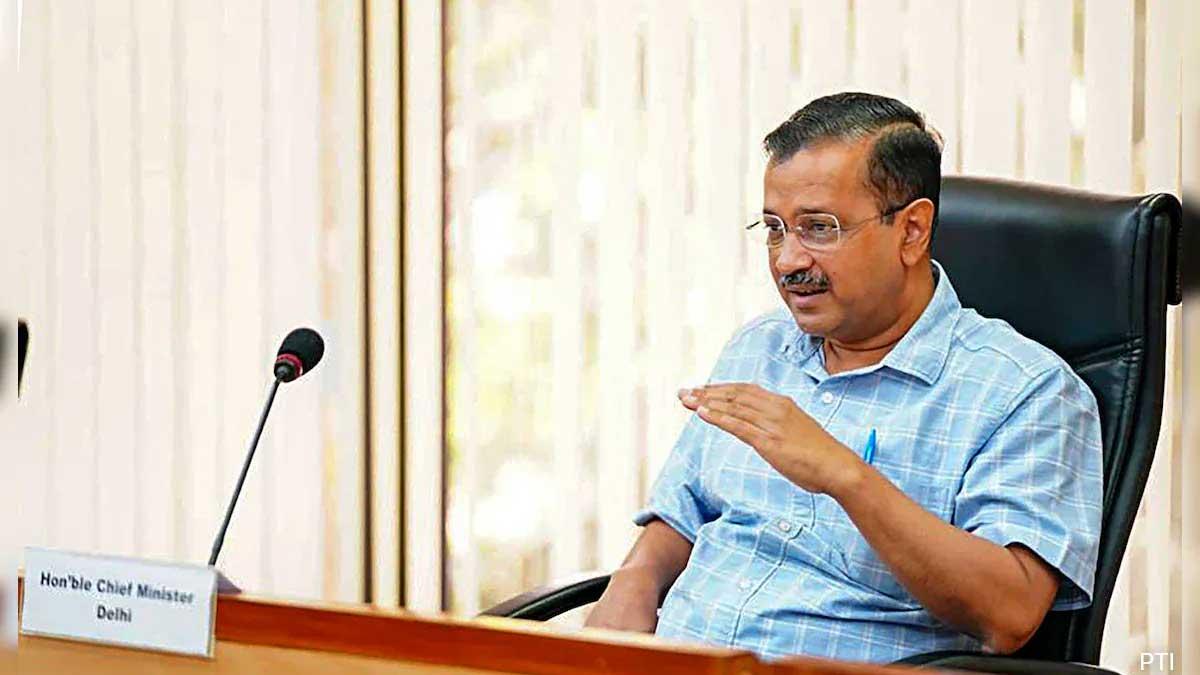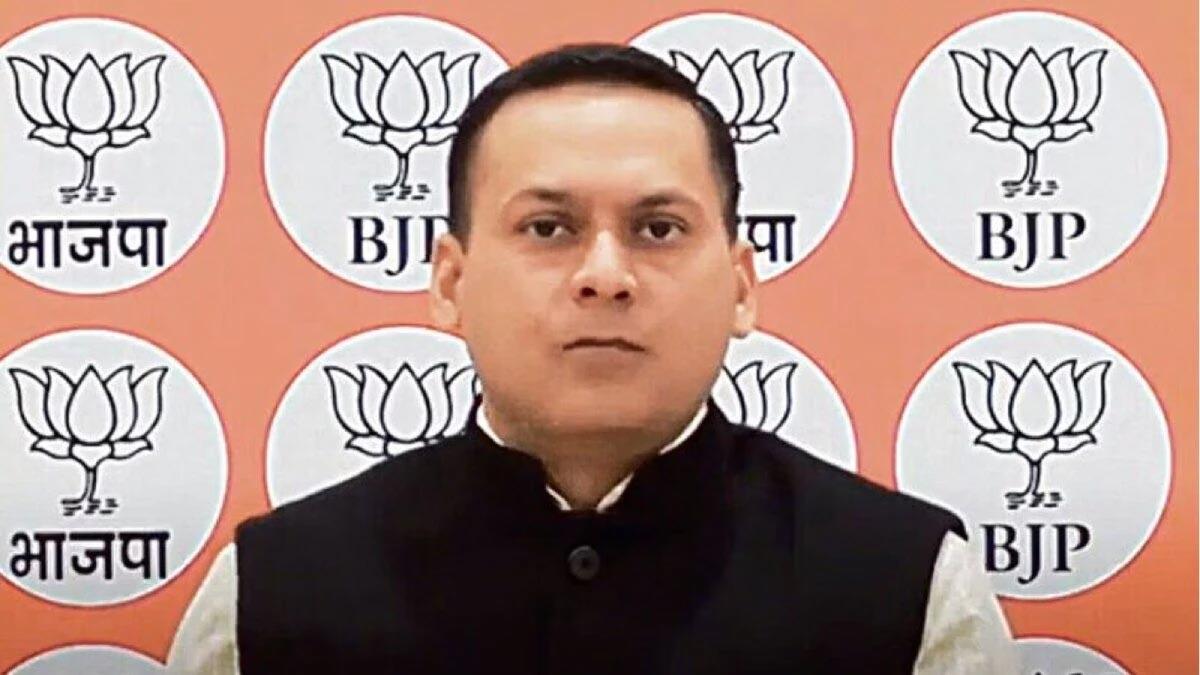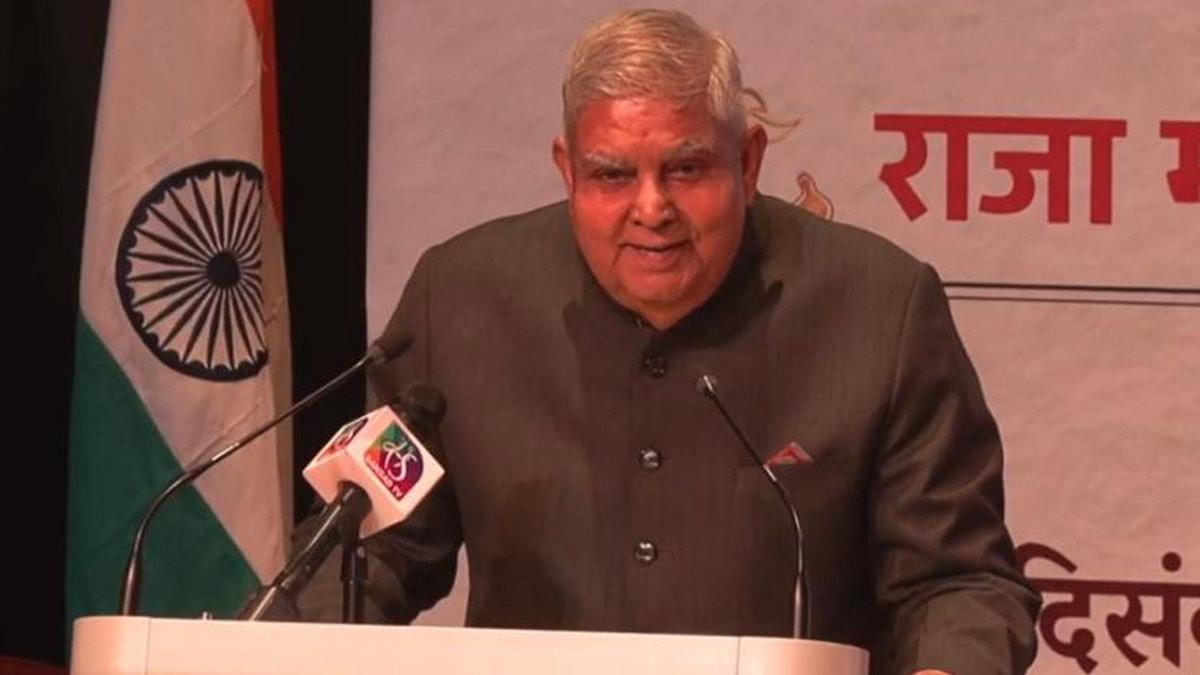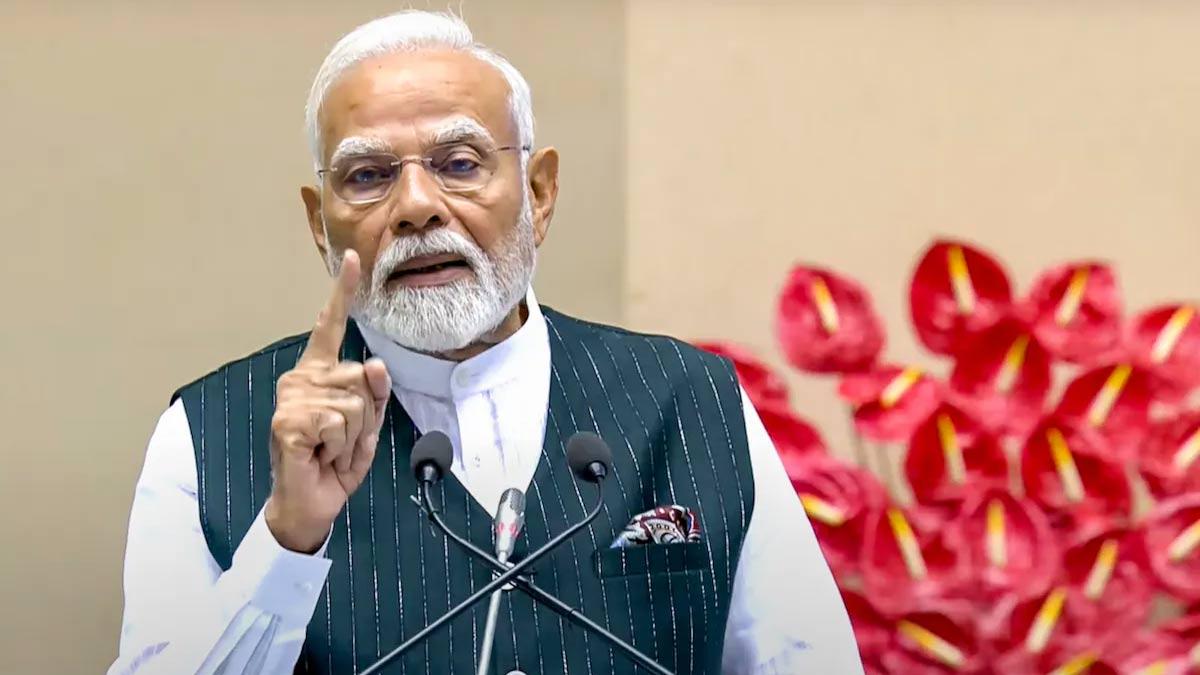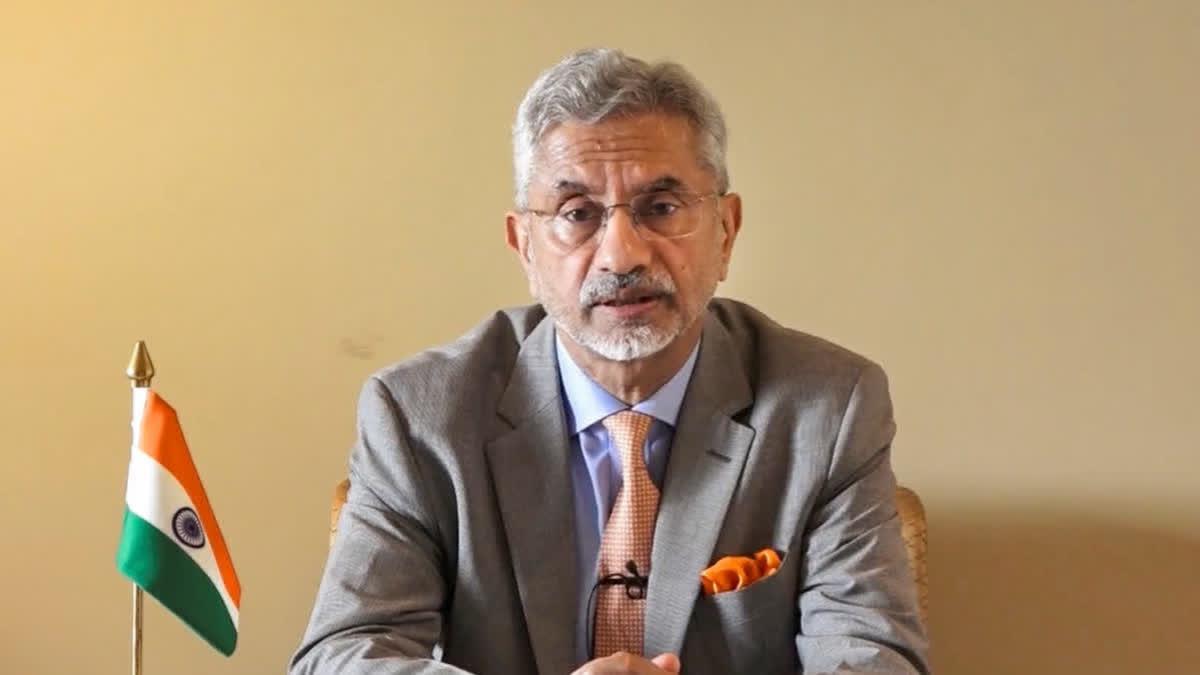Delhi Chief Minister Arvind Kejriwal finds himself entangled in a deepening money laundering case linked to the city's now-scrapped excise policy. The Enforcement Directorate (ED) has issued its sixth summons, demanding his appearance for questioning on February 19th. This development adds another layer to the ongoing saga, raising renewed questions about potential involvement and the investigation's trajectory.
Kejriwal, a prominent figure in Indian politics and national convener of the Aam Aadmi Party (AAP), has consistently rejected these summons, terming them "illegal." However, a Delhi court recently ruled in favor of the ED, stating Kejriwal has a legal obligation to cooperate. This sets the stage for a crucial juncture in the investigation, with the focus shifting towards the Chief Minister's potential role in the alleged irregularities.
The ED alleges that Kejriwal was intentionally evading questioning, hindering their efforts to trace the flow of "proceeds of crime" and identify others involved. Their charge sheets even mention his name, suggesting connections with the accused in preparing the now-abolished excise policy.
The investigation has already seen several high-profile arrests, including AAP leaders Manish Sisodia and Sanjay Singh, along with party communications head Vijay Nair and businessmen linked to the policy. The ED claims these individuals were in touch with Kejriwal, further fueling speculation about his involvement.
Adding another twist to the story, the ED reportedly plans to file a supplementary charge sheet, potentially naming the AAP itself as a "beneficiary" of alleged kickbacks generated through the policy. This accusation, vehemently denied by AAP, could have significant political ramifications if proven true.
At the heart of the case lies the controversial Delhi Excise Policy 2021-22, designed to grant licenses to liquor traders. Critics allege it facilitated cartelisation and favored specific dealers who allegedly paid bribes, charges the AAP strongly refutes. The policy was ultimately scrapped, paving the way for a CBI probe and later, the ED's money laundering investigation.
As Kejriwal prepares to confront the ED's summons, the next few days could be pivotal. Will he cooperate with the investigation? Will the ED's supplementary charge sheet name the AAP? And will the investigation shed light on the Chief Minister's potential involvement, if any? The answers to these questions will undoubtedly shape the course of the case and its wider political implications.
Read Also | Kejriwal Alleges BJP's Aggression Against Opposition States, Urges Defense of Federalism

